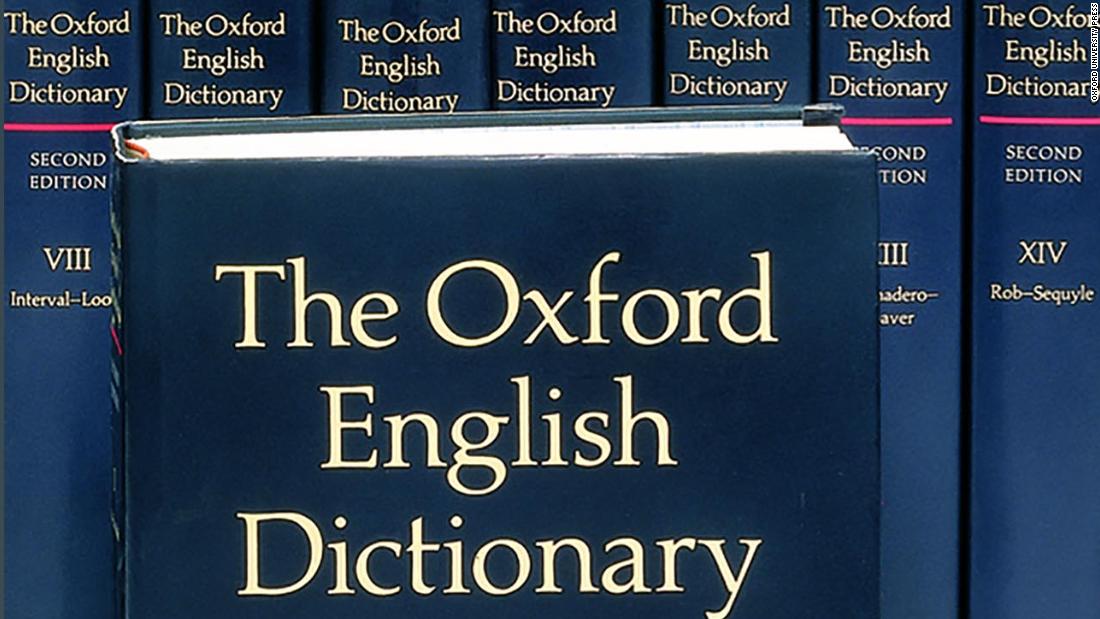Nigerian fraud-related slangs Yahoo, 419, and Yahoo boy are among the 20 new words added to the Oxford English Dictionary (OED), underscoring the growing prevalence of internet scams orchestrated by some individuals in Nigeria and shedding light on a deeper issue of young people scheming their way to wealth.
The OED’s latest update, released January 7, includes not only yahoo, 419, and yahoo boy but also japa, suya, agbero, and 15 other Nigerian words, highlighting the unique contributions of Nigerian English to the global lexicon.
Dr Kingsley Ugwuanyi, a World English Researcher and Nigerian consultant for the OED, played a key role in the inclusion of these words. He shared his excitement on X and LinkedIn celebrating this milestone.
Read also: Olumayowa Akinkuehinmi: How Nigeria can overcome infrastructure barriers to boost DevOps adoption
“I’m thrilled to announce that the @OED has officially published its latest updates, featuring an amazing collection of #NigerianEnglish words that beautifully reflect Nigeria’s culture, creativity, and the unique ways we express ourselves as Nigerians. #Nigeria 🇳🇬,” he wrote.
Dr Ugwuanyi explained that he was not only responsible for drafting most of the entries but also provided their pronunciations.
“This time, I not only drafted most of the words but also had the incredible opportunity to provide their #pronunciations! So, when you explore the OED online and click on the pronunciations, you’ll hear my #voice bringing these words to life,” he revealed.
Words that made the list
The newly added words highlight the vibrancy of Nigerian English. They include:
419: Defined as “fraud (now usually perpetrated on the internet) involving requests for advance payment in return for a substantial share of a large amount of money, which ultimately is never given.”
Yahoo boy: A person who engages in internet fraud.
Yahoo or yahoo yahoo: “Fraud perpetrated on the internet.”
Adire: “A type of fabric produced mainly in south-western Nigeria, featuring patterns obtained by applying indigo or other dyes.”
Kobo: “A monetary unit of Nigeria equal to 1100 of a naira.”
Agbero: “a person (usually a boy or young man) who works as a tout, typically at car parks and bus stops, collecting money from passengers and drivers, and ushering passengers onto vehicles.”
Naija: “Of, belonging to, or relating to Nigeria or Nigerians.”
Japa: A term used to describe Nigerians emigrating to other countries in search of further education or better opportunities.
Read also: Microsoft expands Phone Link: iPhone-to-PC file sharing
Suya: A popular Nigerian snack made from thinly sliced, spiced, and grilled or roasted meat, typically sold by street vendors.
Eba: A staple food made from cassava flour.
Abi: A colloquial expression meaning “isn’t it?” or “right?”.
Jand: Used as a noun, verb, or adjective, referring to travelling abroad, especially to the United Kingdom, as in “janded accents.”
Gele: “A West African head-tie originally worn by Yoruba women, typically consisting of a stiff piece of fabric printed with designs in bright colours, which can be tied or wrapped around the head to form various shapes.”
Other entries include , Edo, Kanuri,, cross-carpet, and cross carpeting.
Capturing Nigerian culture
The OED defines area boy as a “person, usually a young man, who gains money or influence through criminal activities like extortion, theft, or drug dealing, often as part of a gang.”
Yarn is described as “to tell a story,” while yarn dust means “to talk nonsense.”
These additions reflect the growing global recognition of Nigerian English as a rich and evolving variety of the language, deeply rooted in the culture and experiences of Nigerians.
















